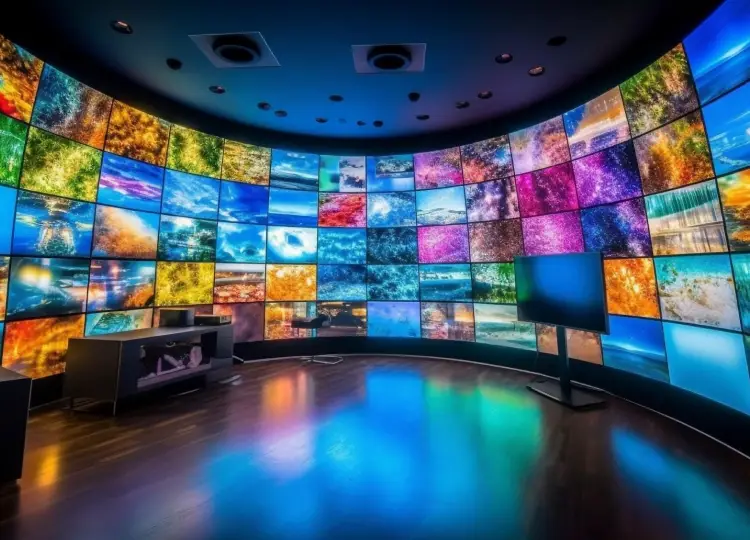Image by Racool_studio on Freepik
Throughout history, documentaries have proven to be powerful tools for shedding light on important issues and sparking social change. These films have the ability to educate, inspire, and mobilize audiences, drawing attention to critical problems and igniting movements for justice and reform. In this article, we'll explore several documentaries that have had a profound impact on society, influencing public opinion and driving social change.
1. "An Inconvenient Truth" (2006)
Directed by Davis Guggenheim, "An Inconvenient Truth" features former U.S. Vice President Al Gore as he presents the evidence for climate change and its consequences. The documentary played a pivotal role in raising awareness about the global climate crisis and galvanizing efforts to combat it. It prompted individuals, governments, and organizations to take action to address climate change and advocate for environmental sustainability.
2. "Blackfish" (2013)
Directed by Gabriela Cowperthwaite, "Blackfish" is a harrowing exposé of the treatment of captive killer whales, specifically focusing on the case of Tilikum, an orca involved in several fatal incidents at SeaWorld. The documentary generated widespread public outrage and led to increased scrutiny of marine mammal captivity. As a result, SeaWorld announced changes to its practices and ultimately ended its orca breeding program.
3. "The Cove" (2009)
Directed by Louie Psihoyos, "The Cove" exposes the brutal annual dolphin hunt in Taiji, Japan. The film not only drew attention to the cruelty of the hunt but also highlighted the health risks posed by the consumption of dolphin meat. It spurred global outrage and activism, leading to increased pressure on Japan to end the practice and protect dolphins.
4. "Bowling for Columbine" (2002)
Filmmaker Michael Moore's "Bowling for Columbine" delves into the causes of gun violence in America, particularly in the aftermath of the 1999 Columbine High School shooting. The documentary addresses gun control, fear-driven media, and cultural factors contributing to gun violence. It sparked discussions and debates on these issues and reignited the national conversation on gun control reform.
5. "The Act of Killing" (2012)
Directed by Joshua Oppenheimer, "The Act of Killing" is a chilling exploration of the 1965 Indonesian mass killings, where death squad leaders reenact their crimes in surreal, cinematic ways. The film's unique approach allowed perpetrators to confront their past actions, and it raised awareness about the need for justice and reconciliation in Indonesia.
6. "Super Size Me" (2004)
Morgan Spurlock's "Super Size Me" documents his 30-day experiment of eating only McDonald's food. The film highlights the health consequences of a fast-food diet and the influence of the fast-food industry on public health. It contributed to increased scrutiny of the food industry and efforts to address the obesity epidemic.
7. "Citizenfour" (2014)
Directed by Laura Poitras, "Citizenfour" documents the story of Edward Snowden, the former National Security Agency (NSA) contractor who exposed the extent of government surveillance. The documentary sheds light on the importance of privacy rights and government transparency in the digital age. It sparked discussions about surveillance and civil liberties worldwide.
8. "13th" (2016)
Ava DuVernay's "13th" explores the history of racial inequality and mass incarceration in the United States. The documentary examines the legacy of the 13th Amendment to the U.S. Constitution, which abolished slavery but allowed for the continuation of forced labor through the criminal justice system. "13th" has been instrumental in driving conversations about criminal justice reform and racial equity.
Conclusion
These documentaries are just a few examples of how the power of film can be harnessed to drive social change. They have brought critical issues to the forefront of public consciousness, mobilized activists, and influenced policy changes. Documentaries continue to serve as important tools for raising awareness, promoting dialogue, and inspiring action on the most pressing social and environmental challenges of our time. They remind us that the lens of a camera can be a powerful force for positive change in the world.





